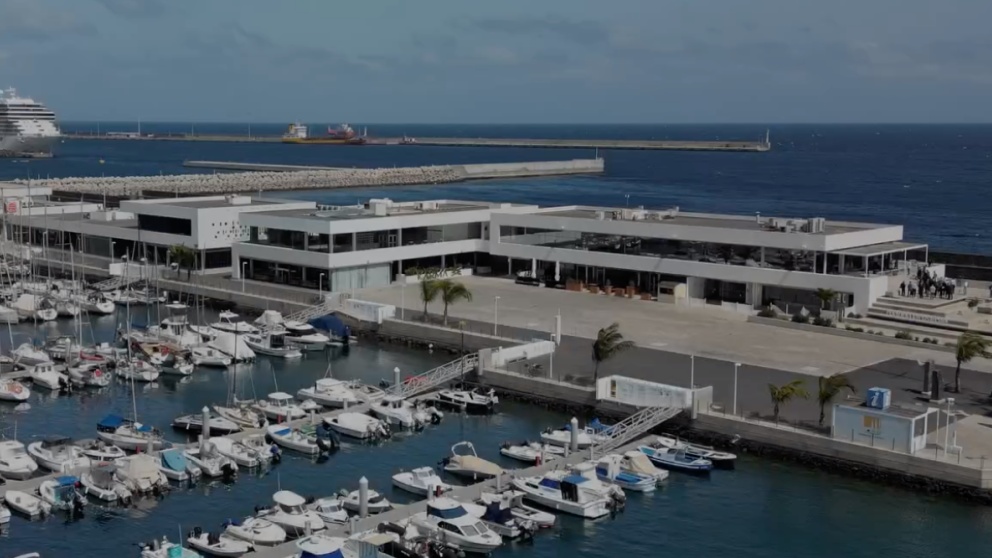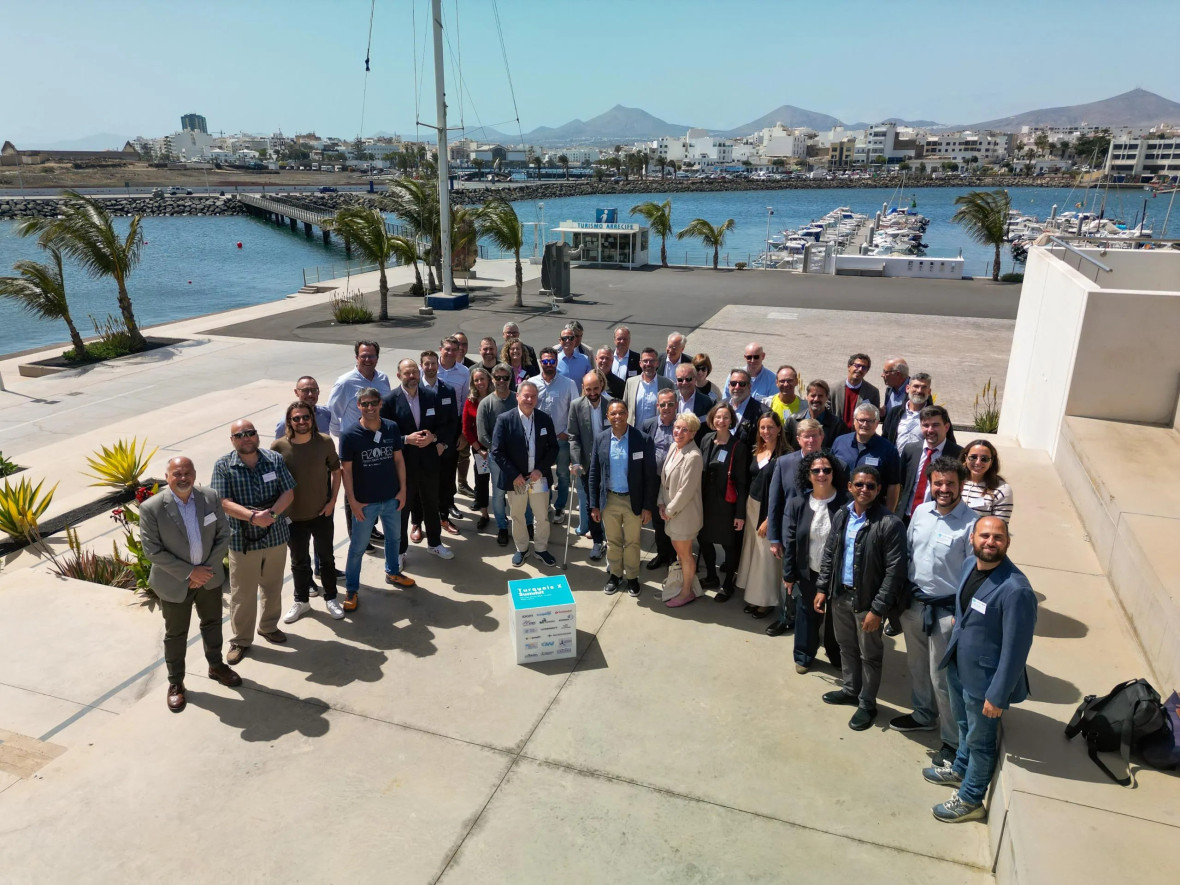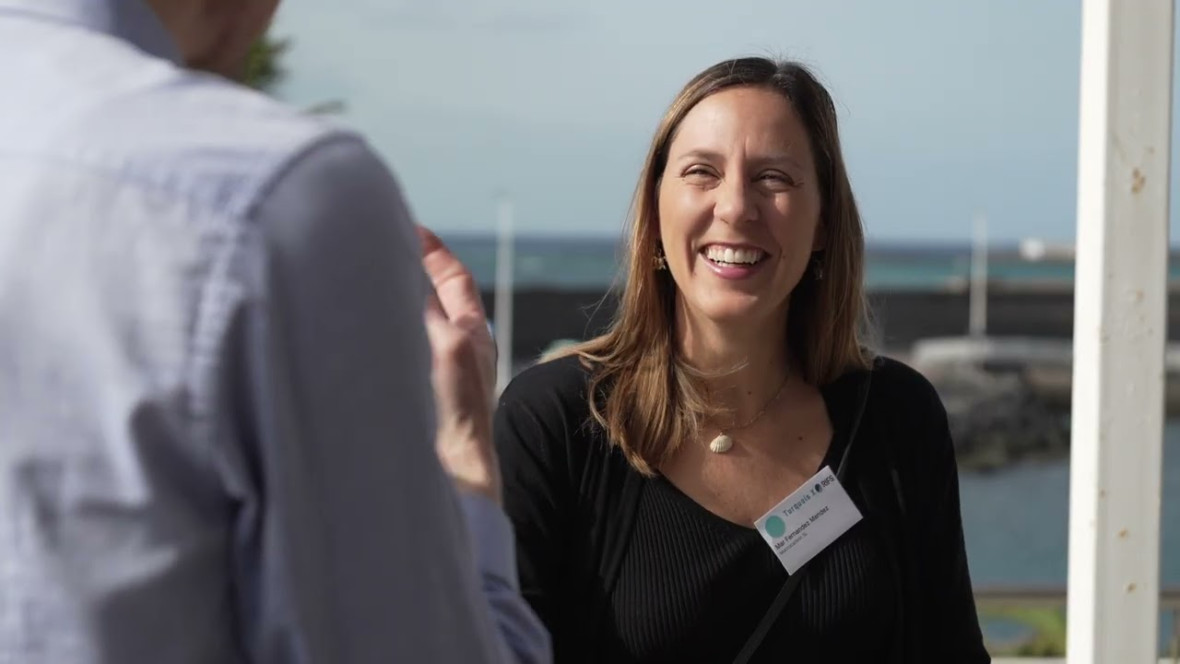Turquois X: Innovation for a Blue-Green Economy
04.09.2025

A wealth of insights from ocean science has significantly deepened our understanding of the critical role of oceans and their contribution to global climate dynamics, ecosystem health and biodiversity. Recent ocean science and marine research provides stark empirical evidence of how human emissions, unsustainable ocean use and related environmental degradation of oceans are having a dramatic negative impact on climate, biodiversity and overall health of marine ecosystems.
A blue-green economy as an opportunity?
A key challenge for the the blue economy is how to enable sustainable use of oceans”, summarizes Florian Lennert, founder of Turquois X and Klaus Töpfer Sustainability Fellow at RIFS in 2024. The marine and maritime sectors lag behind other sectors in advancing decarbonization, energy transition, smart infrastructure and alternative business models that contribute to climate mitigation, adaptation, conservation and sustainable social and economic development, in particular for maritime regions and coastal communities.
Effective transition strategies are needed that put ecological conservation and climate mitigation at their core, with a focus on:
- Developing clean propulsion and vessel technologies to provide for decarbonization of maritime transport, ports and logistics;
- Advancing real-time integrated and autonomous, earth and marine observation technologies that integrate ocean, shore, air and space-based assets to enable applications for ocean science, marine conservation, monitoring & enforcement, and blue economic development;
- Innovating sustainable marine aquaculture and marine biotechnology that enhances biodiversity, ecosystem health, and/or provides for carbon mitigation.;
- Scaling and integrating off-shore floating sustainable renewable energy solutions including wind, solar, wave, current, tidal and geothermal as well as developing smart off-shore and off-grid energy storage solutions that provide for distributed power supply and smart grid applications at sea;
- Developing sustainable, zero-discharge, renewable powered, on- and off-shore desalination and water treatment solutions.
Accelerating Ocean Innovation with “Turquois X”
Turquois X is an innovation centre for sustainable ocean applications and technologies based on Lanzarote, Canary Islands, Spain, developed in partnership with the Plataforma Oceánica de Canarias (PLOCAN), Gran Canaria and the Marina Innova Hub (miHUB), Lanzarote. Turquois X connects ocean science, industry, investors and start-ups to advance applied marine innovation and transformative solutions for a sustainable ocean use. The aim is to identify and develop applications, technologies and business cases for a sustainable – blue-green – economy in the Macaronesia region and internationally. Collaborating with science, investors and innovators, Turquois X advances early-stage solutions and use cases into scalable application and commercial viability.
Macaronesia as a living lab
Macaronesia encompasses a range of volcanic archipelagos in the Mid-Atlantic, comprising the Azores, Madeira, the Canary Islands, and the Cabo Verde Islands. At the interface of Europe and Africa, the Macaronesian archipelagos are Atlantic hubs for marine science, maritime business and ocean tourism.
Macaronesia is a major tourism destination attracting more than 24 tourists in 2024. It serves as a hub for fishing, shipping, maritime logistics, ocean energy and global subsea telecommunication and offshore infrastructure.
Climate change impacts on ocean states include rising ocean surface temperatures, likely changes in ocean circulation, and subsequent impacts on fisheries and marine ecosystems. The need to adapt infrastructure and economic sectors to these changes and the management of extensive tourism and migration represent a ‘perfect storm’ of ecological, social and economic challenges for the region. However, this also offers a promising catalyst to advance solutions for sustainable ocean use that can contribute to a more sustainable blue-green economy for the region and for the transfer of such solutions to other coastal and maritime regions.

The Turquois X Summit 2025
“We have new uses of the ocean emerging and all of these need to fit into this huge but still finite global ecosystem, and it is also a business ecosystem” says Paul Holthus, the founder and former president of the World Ocean Council.
“The only option if we want to scale carbon-dioxide removal strategies in the ocean, is to go offshore”. says Prof. Dr. Mar Fernández Méndez, marine biogeochemist and algal ecologist at the Alfred Wegener Institute and founder and CEO of Macrocarbon, a start-up based on Gran Canaria. Describing how innovative aquaculture with macroalgae can make a contribution to both sequestering carbon and replacing fossil-fuel based plastics, she continues: “We need to look at third-generation biomass, such as seaweed. One of the biggest lessons I’ve learned is that as long as we continue to subsidize technologies like fossil fuels, it will be very difficult for sustainable innovations to take hold. They are forced to compete with an industry that has not only been entrenched for over a century but has also benefited from massive subsidies. What we need is a clear shift towards supporting sustainable innovations.”
The Turquois X Summit in March 2025 on Lanzarote brought together leading innovators, experts, and investors from ocean science, business and finance driving the sustainable blue economy in Macaronesia and internationally. The summit explored innovation for ocean science and conservation, ocean energy, sustainable maritime mobility, logistics and ports, and opportunities and challenges of venture-building in the blue-green economy. Partners and speakers at the summit included RIFS, GEOMAR, Alfred-Wegener Institute, the Maritime Cluster of the Canary islands, Archipelago Next, World Ocean Council, Global Ocean Trust, the Oceano Azul Foundation, MOEVE, Allotrope Partners, as well as ocean start-ups Macrocarbon, Floating Power Plant, Wavepiston, Ocean Oasis, Regent Craft and Speeder Systems.
The initiative was developed and kindly supported by the 2024 Klaus Töpfer Sustainability Fellowship provided by the Research Institute for Sustainability (RIFS) at the GFZ Helmholtz Centre for Geosciences.
More information: www.turqouisx.net
Impressions, interviews with stakeholders and lectures at Turquois X Summit – Accelerating Blue-Green Innovation, 27-28 March, 2025 can be found here.
Media
Turquois X Summit 2025


